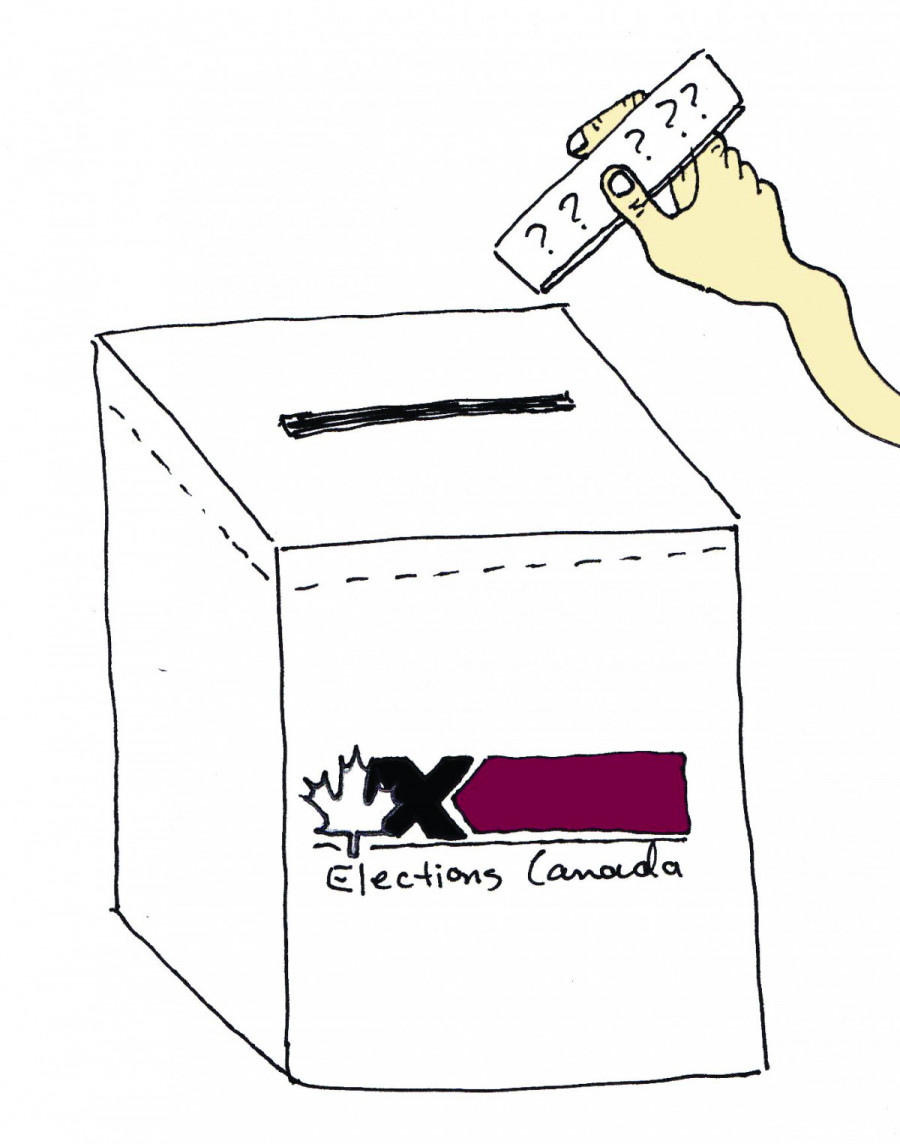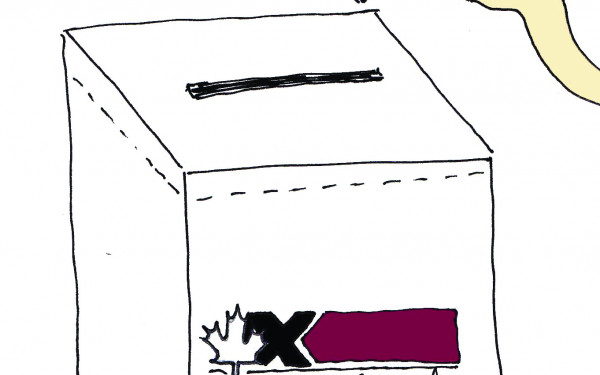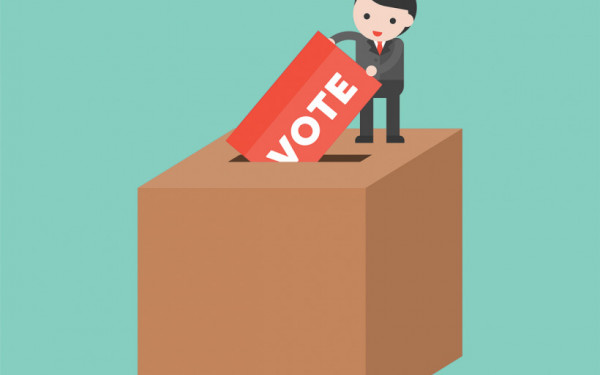The Minority Government Is No Tragedy
It May Even Be What Canadians and Their Politicians Deserve
Canadians have once again elected a minority government to fill the seats of the forty-third Parliament, and it’s exactly what Canadians need.
Justin Trudeau has been re-elected by Canadian voters for another mandate, becoming one of very few Prime Ministers to lose the popular vote and still form a government.
Despite a tweet claiming the opposite, Andrew Scheer’s Conservatives aren’t the largest official opposition in Canadian history.
The Bloc Québecois is back in the race after a near disappearance, and the New Democratic Party seemingly won by losing more seats. Polling numbers for the NDP at the start of the campaign had pollsters and analysts questioning if they would even retain Official Party status. Singh seems to be safe in the leadership position saving the NDP from losing even more ground than initially thought.
The Green Party of Canada did not live up to expectations, given how much space they took up in public discussion, and Canadians decided that Maxime Bernier had outlived his moment in the public discourse, failing to win his own seat where he was once political royalty.
Bernier had held the riding of Beauce, near Quebec City, since 2006, as part of Stephen Harper’s Conservative inroads into Quebec. In the 1980s, Bernier’s father held the same riding as an MP for the Progressive Conservatives before becoming an independent MP in the 90s.
This time, Bernier’s good graces with the citizens of Beauce weren’t good enough.
A possible explanation for the loss of the seat could be attributed to Bernier’s emphatic push to abolish Canada’s supply-management system, which helps support dairy and poultry farmers with government assistance.
The riding of Beauce is known its dairy industry, and the Conservative Party has done a lot to keep the dairy industry in its pocket.
Now that Bernier has lost his seat in the House of Commons, we could assume the hatred and vitriol he stirred up with his People’s Party has been put to rest, for now.
It leaves behind questions regarding how the people who felt emboldened by this rhetoric in public discourse will express these sentiments now that the party that legitimized their xenophobic beliefs is no longer in the spotlight.
There are several key files that can make or break how long this Parliament lasts
Justin Trudeau now has a minority of seats in the House of Commons, therefore he must start cooperating with other parties to get things accomplished.
Based on his actions in a majority government, many have reason to believe that Trudeau might not be able to keep Parliament running long enough.
There are several key files that can make or break how long this Parliament lasts.
It remains to be seen if Trudeau will work with the NDP on pharmacare, which the NDP plans to advance, in exchange for support with other bills.
The Bloc seems to be the federal mouthpiece for the provincial CAQ, being the only federal party fighting for Bill 21 and advocating for greater powers given to the provincial government.
That being said, this minority Parliament proves to be promising regarding action on climate change, with a majority of parties in the House expressing a desire to fight climate change.
It is worth noting, however, the Conservative plan actually proposes measures that would raise emissions instead of lowering them.
Great things have come out of minority Parliaments in our past, such as our healthcare system, and there’s reason to believe this one will produce great things too.
Justin Trudeau has his cabinet announcements coming out Nov. 20, and he is embroiled in a crisis of sorts, lacking Western representation in his caucus.
This delay is likely to give Trudeau time to get his ducks in a row and provide a solution to the lack of a cabinet minister from either Alberta or Saskatchewan.
The Liberals lost longtime stalwart Ralph Goodale, who lost his seat to a rookie Conservative candidate.
This loss poses a significant challenge to Trudeau, who now has to manage a divided House and a divided country.
It remains to be seen if Trudeau can replicate the same balancing act his father did.
Both Trudeaus went from a majority to a minority government, governed despite alienation with western provinces, and had to negotiate with Quebec. It’s becoming quite the historical comparison as Justin Trudeau navigates his way through a second mandate, much in the same way his father did.
This minority parliament will be a crash course in statesmanship for Trudeau and a chance for opposition leaders to show why they’re worthy of your vote.
Every MP will be striving to fulfill their mandate, and they will likely do that by cooperating with other members to improve things in the country by focussing on solutions.
This minority parliament is what Canada voted for, and it might just be exactly what Canada needs.






_600_375_90_s_c1.jpg)